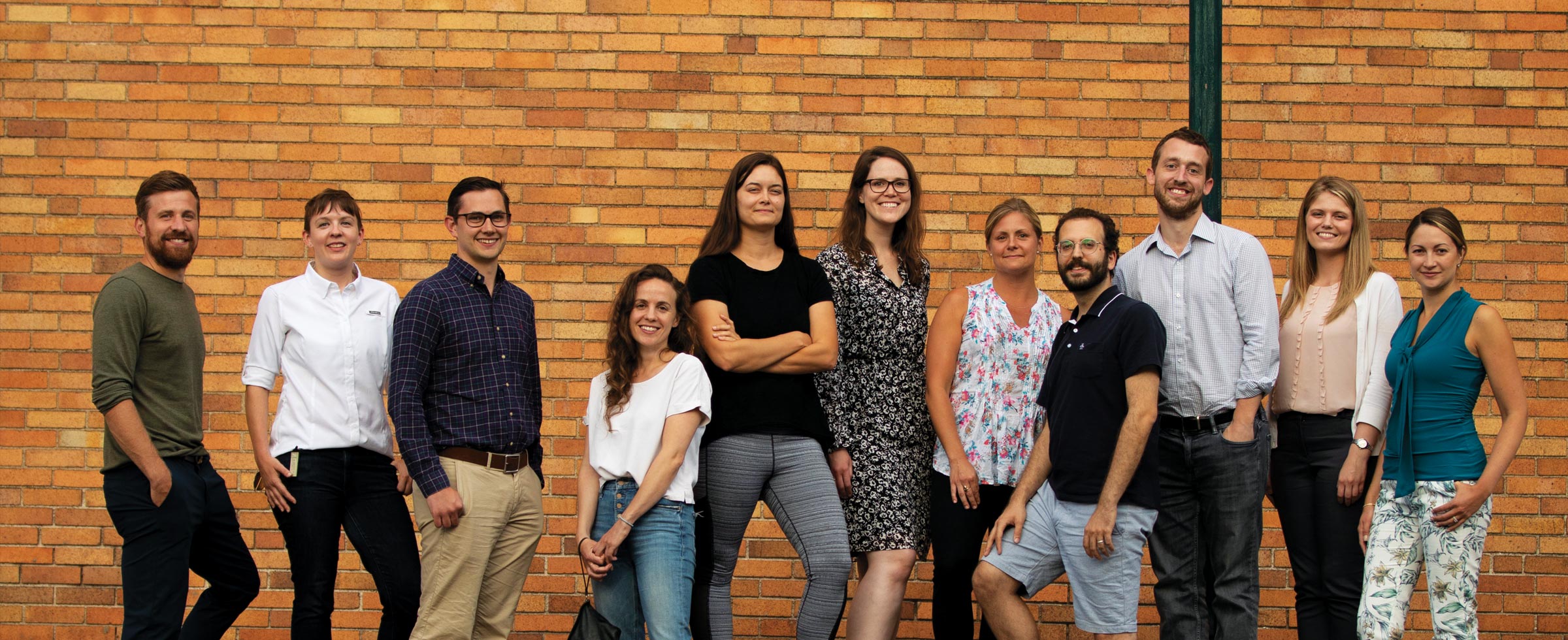As police killings of Black and Brown people have provoked continued demonstrations for racial justice across the country this year, The Pittsburgh Foundation has recommitted itself to the racial equity grant-making effort it began five years ago. A new fund will award $1.5 million in grants before 2021 to nonprofits led by and serving people of color.
Black- and Brown-led organizations were invited in September to apply for this new support stream.
“Many societal ills that the philanthropic sector has been trying to address for decades — from income inequality to health disparities to educational inequities — are connected to systemic racism,” says Pittsburgh Foundation President and CEO Lisa Schroeder. “As a community foundation, we have a responsibility to make more progress. The Grantmaking for Racial Justice Fund is the next step in our efforts to advance racial equity in the resources we provide.”
Historically, foundations have underfunded nonprofits led by and serving people of color. Research has consistently documented this funding gap, including a 2016 report by the Black Social Change Funders Network, which notes, alarmingly, that less than 2% of funding from the nation’s largest foundations targeted the Black community.
In 2015, after adopting racial equity as a value for its discretionary grantmaking, The Pittsburgh Foundation’s Program and Policy staff embarked on a detailed evaluation of their grantmaking.
“Many societal ills that the philanthropic sector has been trying to address for decades — from income inequality to health disparities to educational inequities — are connected to systemic racism.”
--Lisa Schroeder
President and CEO, The Pittsburgh Foundation
A preliminary review of the grant-making portfolio revealed that grants to small nonprofits and to organizations led by people of color were far fewer and smaller than grants to larger, white-led nonprofits. The findings were jolting to staff, who committed themselves to understanding and addressing these gaps.
This initial data review was followed by interviews with dozens of leaders of small nonprofits, many led by people of color, to determine what the Foundation could do differently to address inequities and reduce barriers to funding.
Those conversations led to a series of significant changes.
The Foundation launched the Small and Mighty grants program in 2016 with a mission of providing “more than money.” The program breaks down barriers by providing small nonprofits with training on applying for funding and help from Program officers to complete grant applications. Tailored to the needs of organizations with fewer staff members and less grant-writing experience, Small and Mighty also included a streamlined grant application and less burdensome reporting requirements.
Then came the Foundation’s Social Justice Fund in 2017 with goals of reducing barriers to funding, increasing engagement and influence of Black and Brown community members, and challenging systems that perpetuate racial and economic inequity.
Together, these two funds have, as of the summer of 2020, awarded about $1.5 million to 74 organizations in Allegheny County, with 65% going to nonprofits led by people of color. Both initiatives are growing and demonstrate how foundations can reimagine their processes to provide small nonprofits led by people of color with access to the funding and relationships that are more common among larger, white-led organizations.
Further, from 2015 to 2019, the Foundation’s grants to organizations led by people of color increased from 12% to 21% of its discretionary grant-making portfolio, and grants awarded to these organizations increased from $1.5 million to $3.1 million annually. The Foundation now tracks the number and size of grants made to support racial equity, which, according to the Center for Social Inclusion, is achieved when race no longer determines one’s socioeconomic outcomes and when everyone has what they need to thrive, no matter where they live.
That focus is paying off: Grants to organizations that utilize a racial equity framework have increased from 19% to 32% since 2015.
The Foundation also is continuing to grow its investment in the Advancing Black Arts in Pittsburgh program with The Heinz Endowments to ensure that the region’s cultural ecosystem supports Black artists as fully as possible. Since 2010, that program has awarded $6 million to Black artists and organizations for exhibitions, performances, residencies and operating support.
The Foundation’s racial equity work evolved further this past year. It applied to grantmaking the Philanthropic Initiative for Racial Equity’s definition of racial justice: “The systematic fair treatment of people of all races through proactive elimination of policies, practices, attitudes and cultural messages that reinforce differential outcomes by race.”
Foundation leaders recognize that this work must extend beyond discretionary grantmaking. Staff-wide diversity, equity and inclusion training is ongoing, and a donor-education initiative launched this fall.
Racial Justice has also been named as one of the Foundation’s core values — along with Accountability, Collaboration, Community and Trust — that will be prominent in the Foundation’s new strategic plan to be completed in the next six months.
Original story appeared in the 2019-20 Annual Report.




